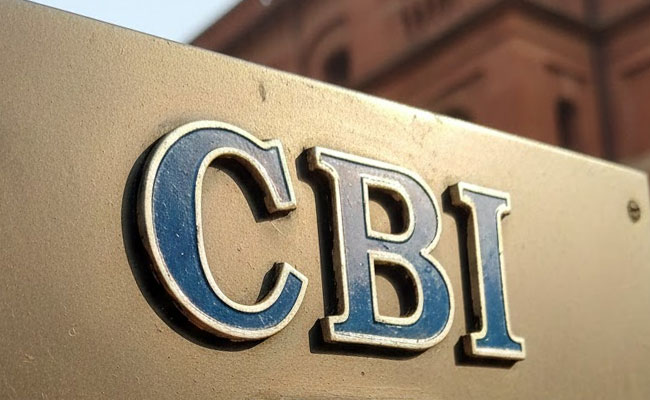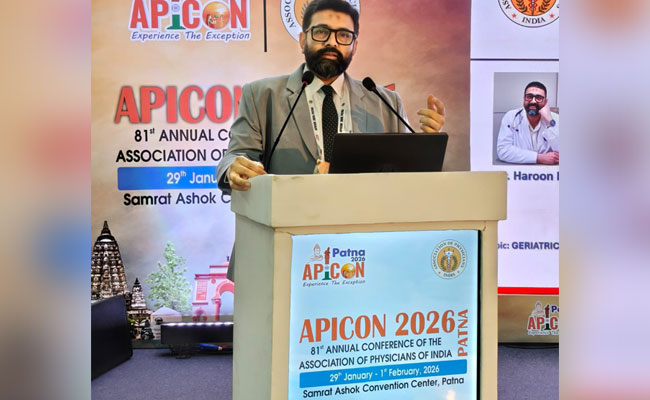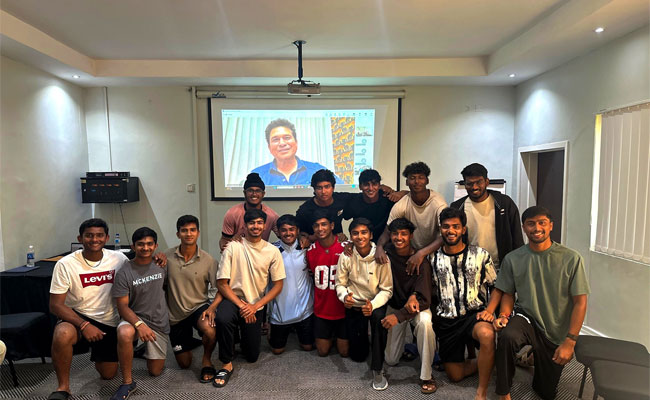New Delhi: The United Arab Emirates’ newly launched nomination-based Golden Visa programme has drawn significant interest in India, with over 5,000 applicants expected in just three months. But despite the advertised cost of AED 100,000 (approx. ₹23.3 lakh), the visa is not guaranteed by money alone.
According to the UAE government, this long-term residency permit hinges on a range of eligibility criteria including professional background, contributions to society, and economic potential, not merely payment.
India & Bangladesh chosen for pilot phase
In the first phase of the rollout, India and Bangladesh have been selected to pilot the nomination-based system. In India, the process is being coordinated through Rayad Group, a consultancy authorised to accept and process applications locally, without requiring applicants to travel to the UAE initially.
Rayad Group MD, Rayad Kamal Ayub, explained that the visa process involves strict screening, including background checks for criminal records, financial credibility, and even social media activity. Only after this pre-approval phase will applications be forwarded to the UAE government for final selection.
Applications can be submitted through One Vasco centres in India and Bangladesh, via Rayad’s online portal, or through their official call centres.
Not one-size-fits-all: Category-wise requirements
Each Golden Visa category, investors, entrepreneurs, professionals, students, and humanitarian workers has distinct benchmarks:
Investors must invest AED 2 million (approx. ₹4.67 crore) in property or funds (excluding loans), pay AED 250,000 annually in UAE taxes, and hold valid medical insurance.
Entrepreneurs need a business worth AED 500,000 (approx. ₹1.17 crore) in tech or innovation, backed by auditors and government-recognised incubators.
Specialised Talents, like scientists, artists, doctors, or senior executives, need endorsements from UAE bodies and may have to show high salaries and extensive experience.
Students eligible for the visa must be high school toppers (above 95%) or hold top GPAs in globally ranked universities.
Humanitarian Workers & Frontline Heroes must show documented service and recognition by authorised organisations.
Step-by-step application process
► Choose a category – Based on profession, background, or investment.
► Gather documents – Endorsements, financial records, ID proof, certificates.
► Apply through proper channel – Traditional route via ICP website/app or nomination route via Rayad Group, VFS Global, or One Vasco.
► Clear background check – For legal, financial, and digital credibility.
► Wait for approval – If accepted, applicants receive long-term UAE residency along with rights to live, work, sponsor family, and establish businesses.
The Golden Visa offers residency options ranging from 5 to 10 years, depending on category and contributions.
The UAE’s move is being seen as an effort to attract top global talent and investments, while also tightening checks to ensure only genuine contributors are granted the prestigious visa.
While the ₹23 lakh fee may be the starting point, officials have stressed that the visa is not up for sale, it is reserved for those who bring real value to the Emirates.
Let the Truth be known. If you read VB and like VB, please be a VB Supporter and Help us deliver the Truth to one and all.
Thane (PTI): A 28-year-old woman died after falling off a crowded suburban local train during the morning rush hour in Maharashtra's Thane district on Saturday, the Government Railway Police (GRP) said.
The incident occurred around 8.10 am at the Badlapur railway station, an official from the Kalyan GRP said.
The victim, Chetana Devrukhkar, was attempting to board a moving train heading for Chhatrapati Shivaji Maharaj Terminus (CSMT) when she slipped and fell on the platform, senior inspector Pandhari Kande of the Kalyan GRP said.
He said that the deceased worked with a firm in Thane and was travelling to work.
A case of accidental death has been registered in connection with the incident.





